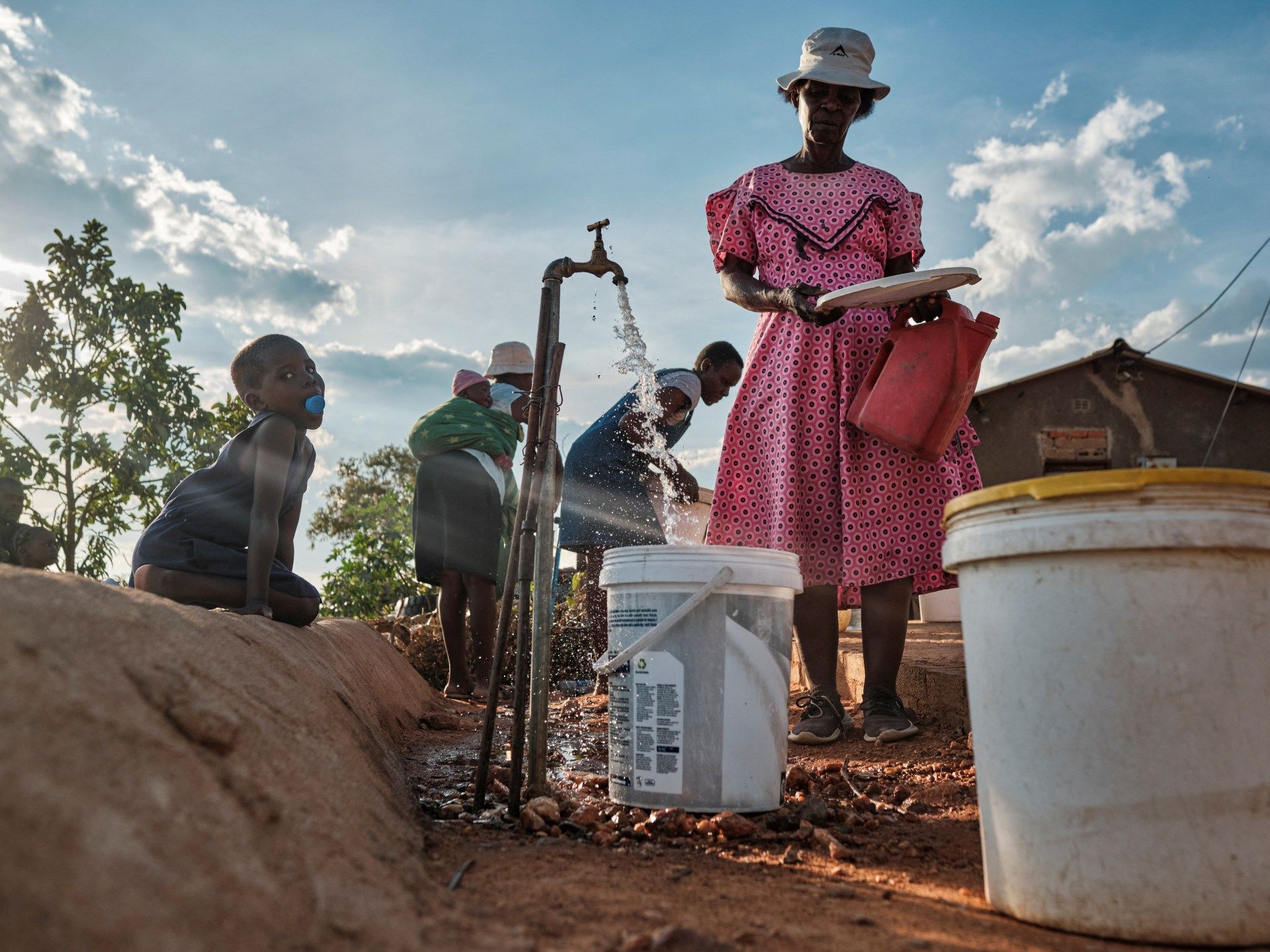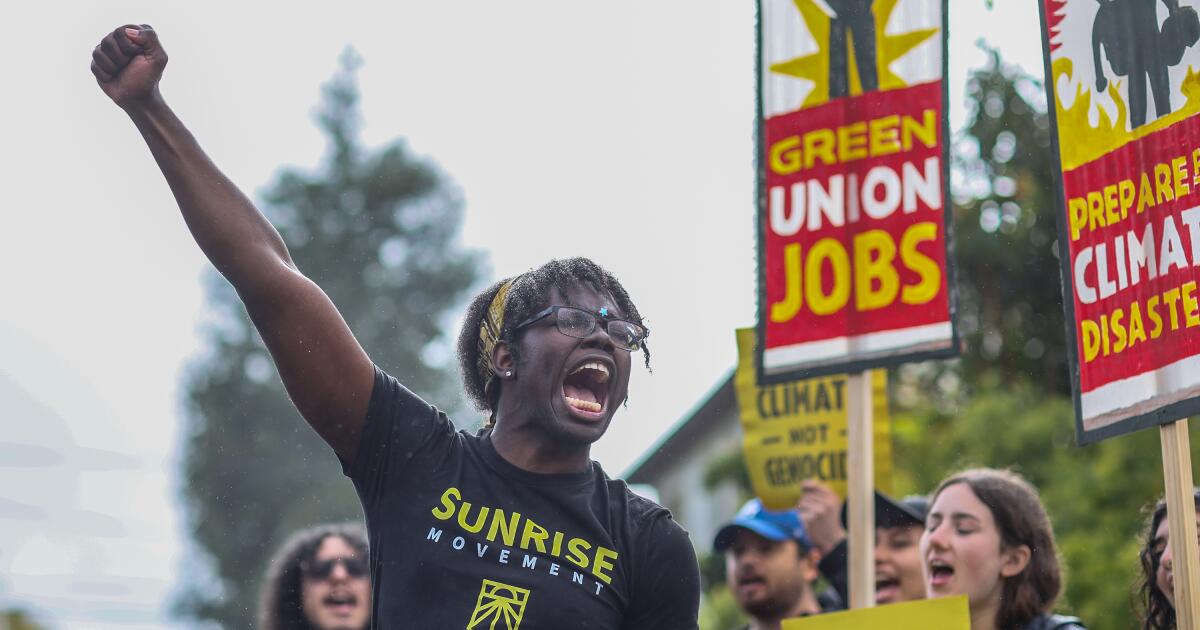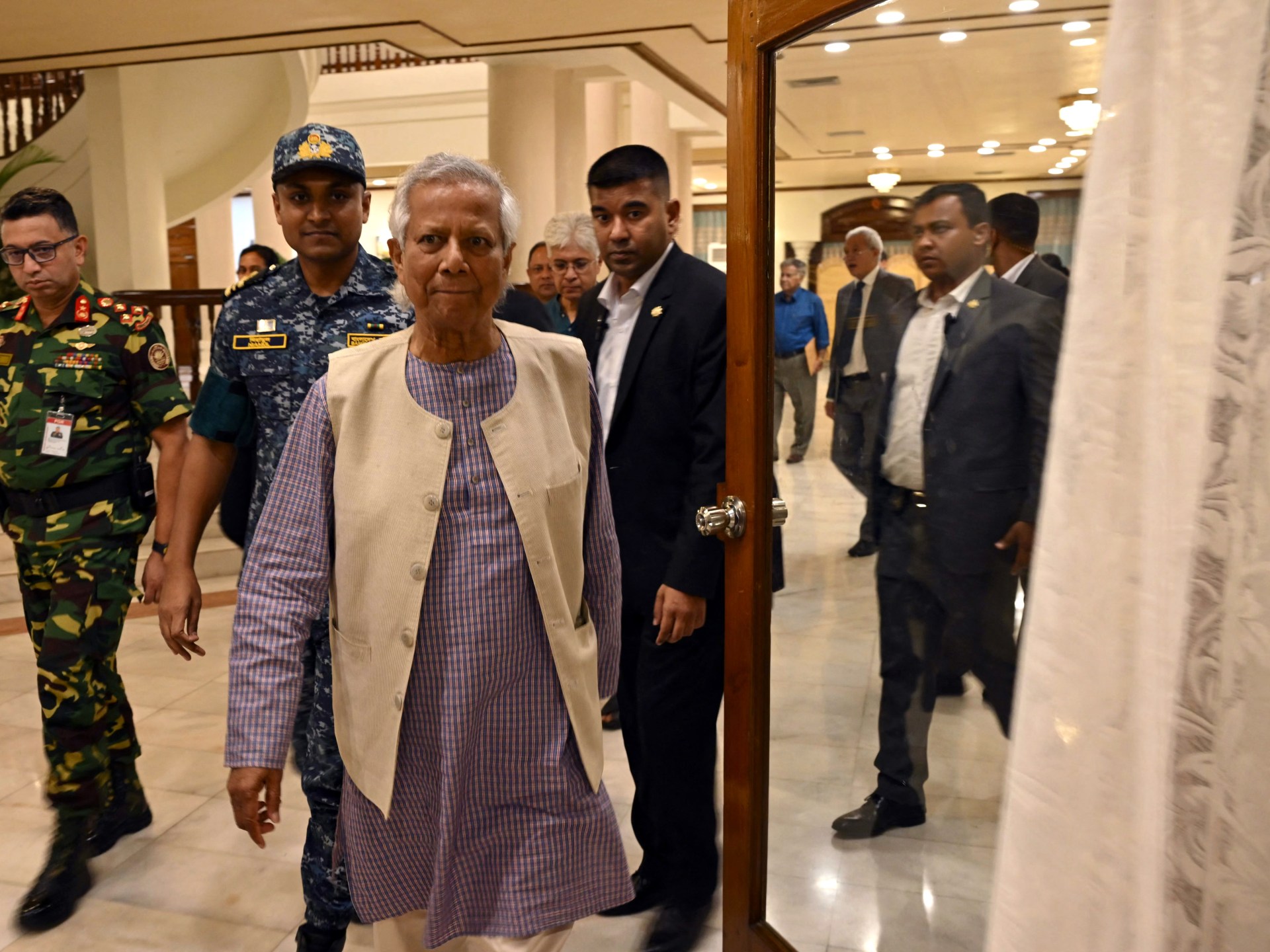The head of the SADC regional bloc says 17 percent of the region's population needs help amid a drought driven by climate change.
Tens of millions of people in southern Africa are suffering the effects of an El Niño-induced drought, a regional bloc has warned, with a drop in crop and livestock production causing food shortages in several countries.
Elias Magosi, executive secretary of the Southern African Development Community (SADC), said on Saturday that 17 percent of the region's population – some 68 million people – need assistance.
“The 2024 rainy season has been challenging and most of the region has experienced the negative effects of the El Niño phenomenon, characterized by the late onset of rains,” Magosi said.
His comments came as heads of state from the 16 SADC countries met in Zimbabwe's capital Harare to discuss regional issues including food security.
Zimbabwe, Malawi and Zambia are among the southern African countries hardest hit by malnutrition caused by the drought, which began in early 2024.
On Saturday, Al Jazeera's Haru Mutasa reported from Harare that leaders of the SADC nation are likely to discuss how to secure more funding and food aid for the affected countries.
“Crops are dying, it’s a big problem,” Mutasa said.
In early June, the United Nations World Food Programme highlighted the dire effects of the drought, particularly on communities already vulnerable to food shortages.
“Rural communities we have met on the ground tell us they have never seen anything like this. They are very worried about their future,” said Reena Ghelani, the UN’s climate crisis coordinator for the El Niño response.
According to the UN, February in Southern Africa was the driest month in 100 years, with only 20 percent of the usual rainfall. Temperatures were also several degrees above average.
United Nations Secretary-General Antonio Guterres said late last month that extreme heat fueled by the climate crisis was “increasingly wrecking economies, widening inequalities, undermining the Sustainable Development Goals and killing people.”
“We know what’s driving it: fossil fuel- and man-made climate change. And we know it’s going to get worse: extreme heat is the new anomaly,” he said.
Experts have warned that as the effects of climate change intensify, weather patterns are becoming more extreme, with droughts, powerful hurricanes, floods and wildfires affecting much of the planet.












